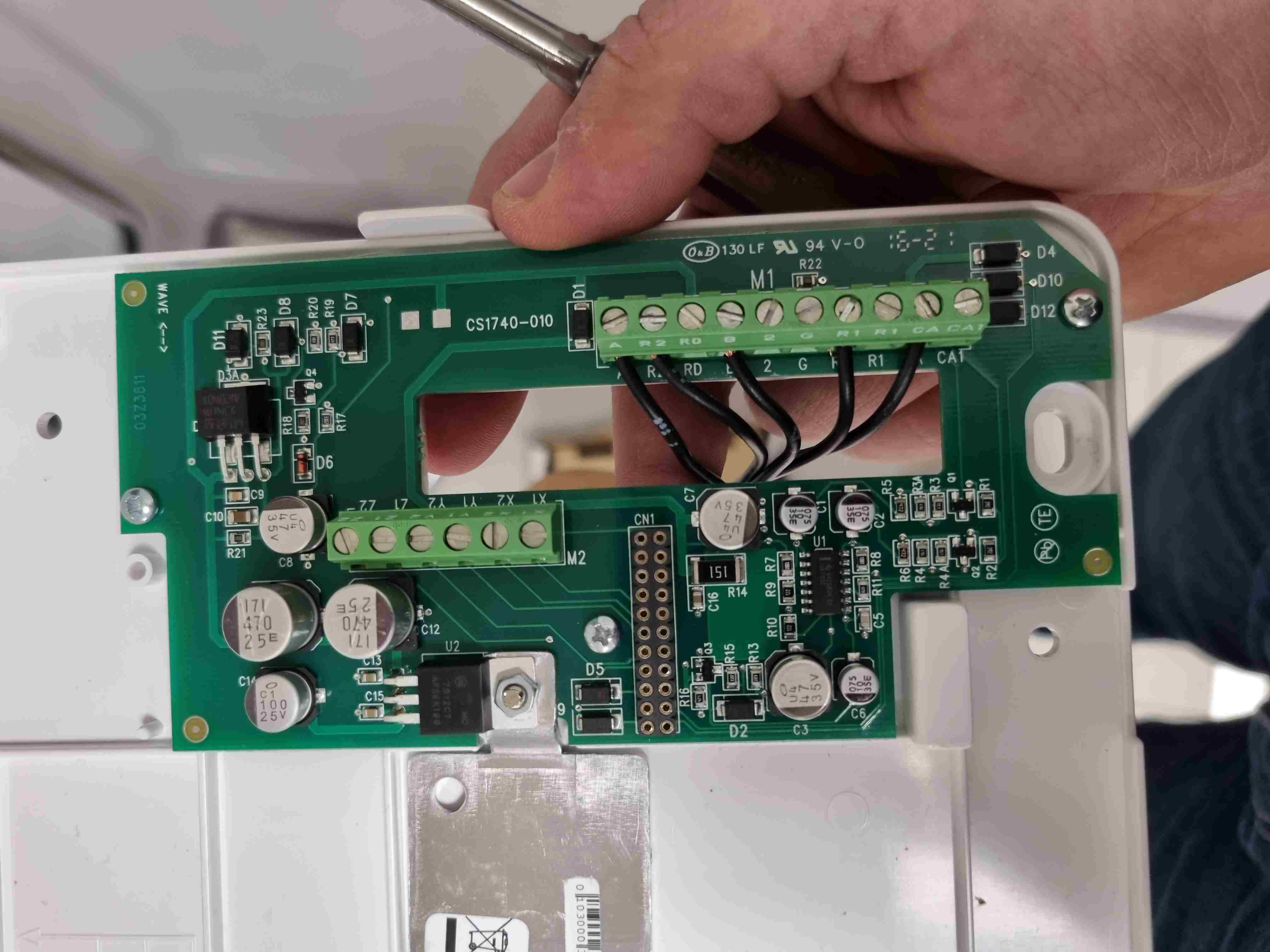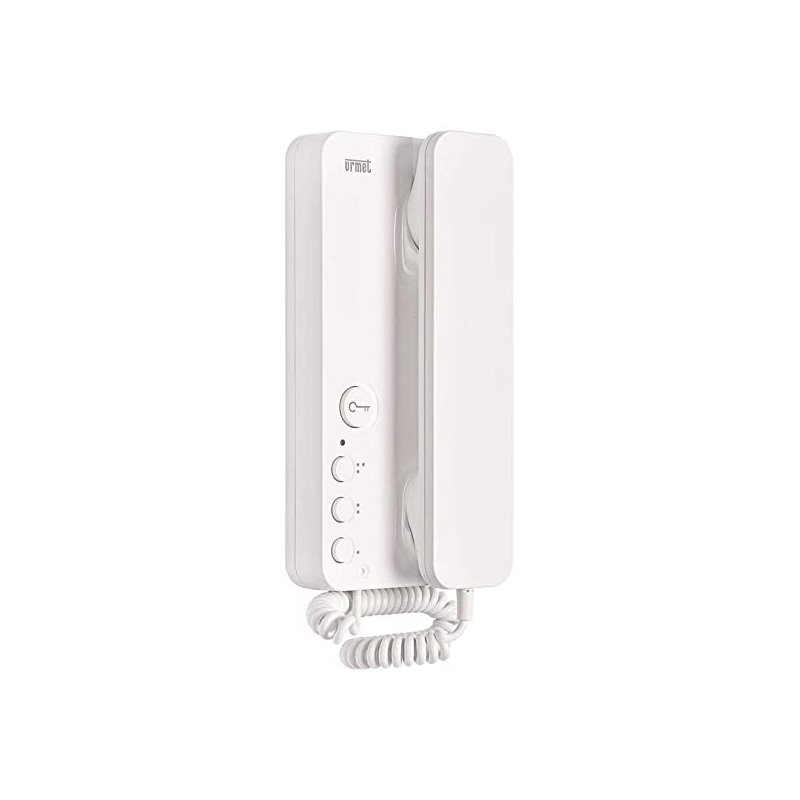
Amazon.it:Recensioni clienti: Urmet 1130/16 Citofono universale per installazioni tradizionali a 5 fili 4+N e 1+N a 2 fili, Bianco

Amazon.it:Recensioni clienti: Urmet 1130/16 Citofono universale per installazioni tradizionali a 5 fili 4+N e 1+N a 2 fili, Bianco

Collegamento videocitofono Urmet Signo mod. 1740/40 con centralina telefonica e/o Ring Intercom di Amazon - Citofoni, videocitofoni e intercomunicanti - PLC Forum

Amazon.it:Recensioni clienti: Urmet 1130/16 Citofono universale per installazioni tradizionali a 5 fili 4+N e 1+N a 2 fili, Bianco

Gira 125027 - Citofono interno sopra intonaco AP System 55, colore: Bianco puro opaco : Amazon.it: Fai da te

Amazon.it:Recensioni clienti: Urmet 1130/16 Citofono universale per installazioni tradizionali a 5 fili 4+N e 1+N a 2 fili, Bianco

Kit Base impianto Audio, Posto Esterno, Alimentatore e Citofono, Alpha, 2Voice - URMET 1183/622 - Fazio SRL

Gira 125027 - Citofono interno sopra intonaco AP System 55, colore: Bianco puro opaco : Amazon.it: Fai da te






































